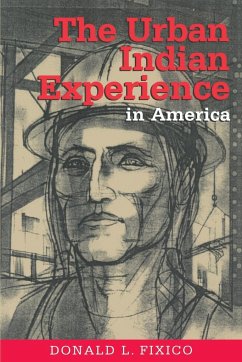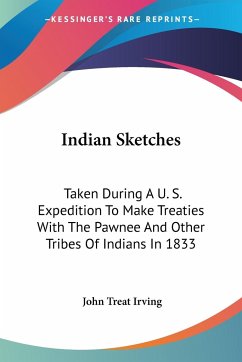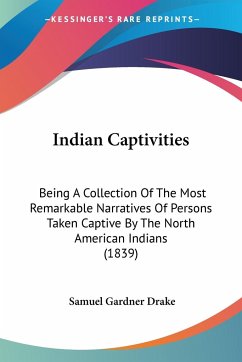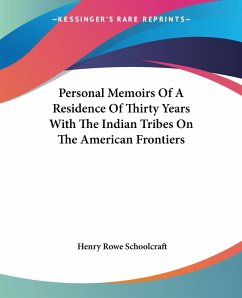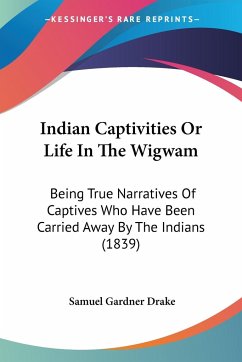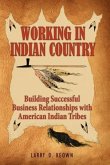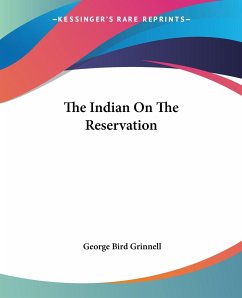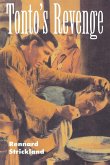As the first ethnohistory of modern urban Indians, this perceptive study looks at Indians from many tribes living in cities throughout the United States. Fixico has had unparalleled access to Native Americans, particularly their contemporary oral tradition. Through firsthand observations, interviews, and conventional historical sources, he has been able to assess the major impact urbanization has had on Indians and see how they have come to terms with both the negative and enriching aspects of living in cities. The result is an insightful and empathetic account of how Indian identity is sustained in cities. Today two-thirds of all Indians live in cities. Many of these urban Indians are third- or fourth-generation city dwellers, the descendants of those who first came to urban areas during the federal government's push for relocation from the late 1940s through the 1960s. Fixico looks at both groups of urban Native Americans--those who first settled in cities some fifty years ago and those who have grown up there in the past thirty years--and finds in their experiences a record of survival and adaptation. Fixico offers a new view of urban Indians, one centered on questions of how their modern identity emerges and perseveres. He shows how the corrosive effects of cultural alienation, alcoholism, poor health services, unemployment, and ghetto housing are slowly being overcome, particularly since the 1970s. After fifty years of urban experiences, Native Americans living in cities are better able today than at any other time to balance tradition and modernity.
Bitte wählen Sie Ihr Anliegen aus.
Rechnungen
Retourenschein anfordern
Bestellstatus
Storno

